Canberra has accused a Chinese destroyer of turning on sonar equipment near the HMAS Toowoomba, endangering Australian navy divers.
Australian Defense Minister Richard Marles said today that the encounter occurred in Japan's exclusive economic zone on November 14, when the frigate HMAS Toowoomba deployed a team of navy divers to remove a fishing net caught in its propeller.
"The Chinese navy destroyer DDG-139 approached HMAS Toowoomba while the divers were working. The Australian warship informed the Chinese side of the diving activity and asked them to keep a safe distance," he said.
However, the Chinese warship continued to close the gap. "Shortly thereafter, we detected DDG-139 operating its sonar system, endangering the divers and forcing them to abort their mission. This action was unsafe and unprofessional," said Minister Marles.
Active sonar equipment is used by warships to locate objects by emitting a beam of sound waves in the form of a "ping" that propagates through the seawater environment to detect surrounding obstacles. Sound waves propagating underwater can cause harm to divers working nearby.
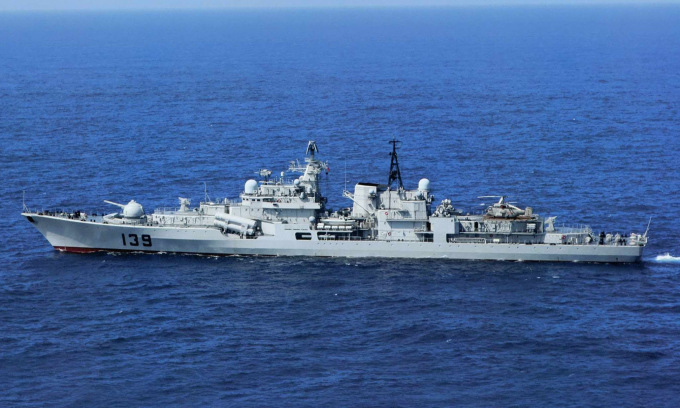
The destroyer Ningbo moves at sea in 2013. Photo: Eworldship
The Australian divers were later examined and found to have suffered minor injuries, likely due to the impact of sonar signals from the Chinese warship, Mr. Marles said.
"Australia expects all nations, including China, to operate their militaries in a safe and professional manner. The health of our troops is always our top priority," the Australian Defense Minister added.
Chinese officials have not commented on the information.
DDG-139 is the code name of the Ningbo destroyer in the East Sea Fleet of the Chinese navy. This is one of two Project 956EM missile destroyers built by Russia for the Chinese navy, equipped with the MGK-355TA integrated sonar system including a transceiver mounted on the hull and a towed sonar.
Under the United Nations Law of the Sea, foreign warships have the right of innocent passage through the territorial waters and exclusive economic zones of coastal states.
In its 2023 China Military Power Report (CMPR) released in October, the Pentagon criticized Beijing for regularly "taking unsafe and unprofessional actions that impede the ability of the United States and other countries to operate wherever international law allows."
US officials say most encounters with Chinese forces in the Indo-Pacific region have been safe and professional, but there have been some incidents that have been deemed unsafe.
Vu Anh (According to Reuters )
Source link


![[Photo] Closing of the 11th Conference of the 13th Central Committee of the Communist Party of Vietnam](https://vstatic.vietnam.vn/vietnam/resource/IMAGE/2025/4/12/114b57fe6e9b4814a5ddfacf6dfe5b7f)

![[Photo] Overcoming all difficulties, speeding up construction progress of Hoa Binh Hydropower Plant Expansion Project](https://vstatic.vietnam.vn/vietnam/resource/IMAGE/2025/4/12/bff04b551e98484c84d74c8faa3526e0)



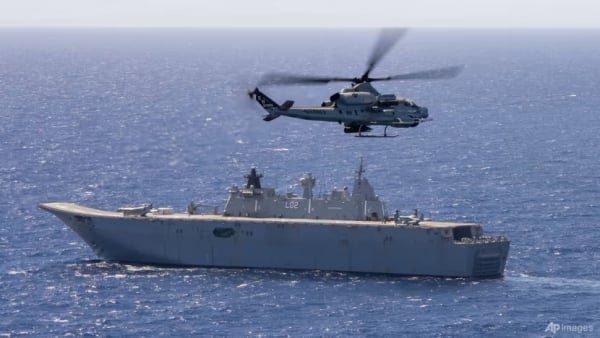

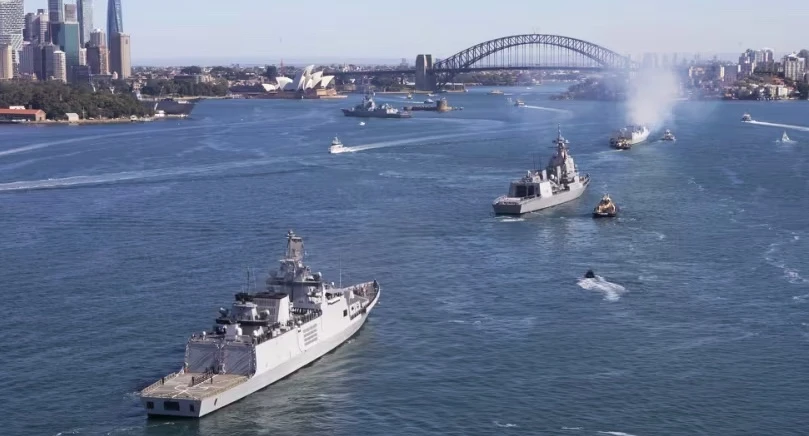

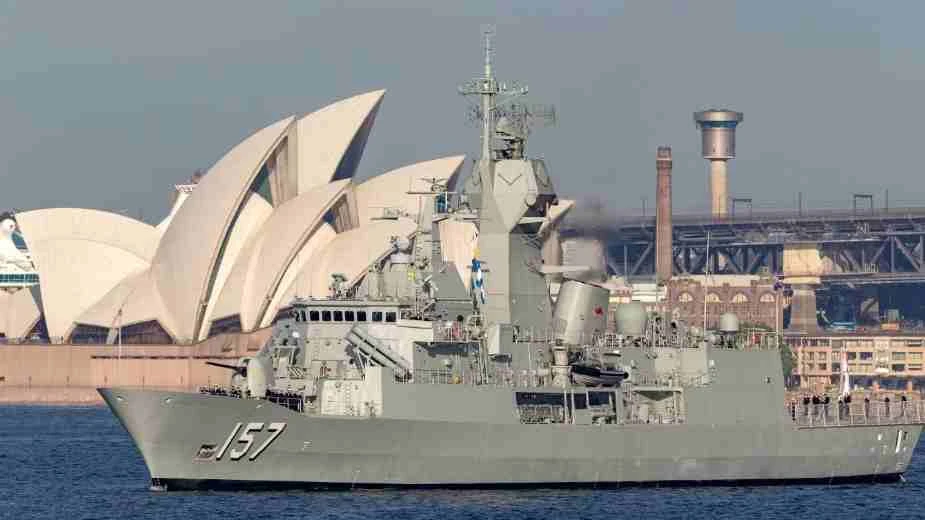
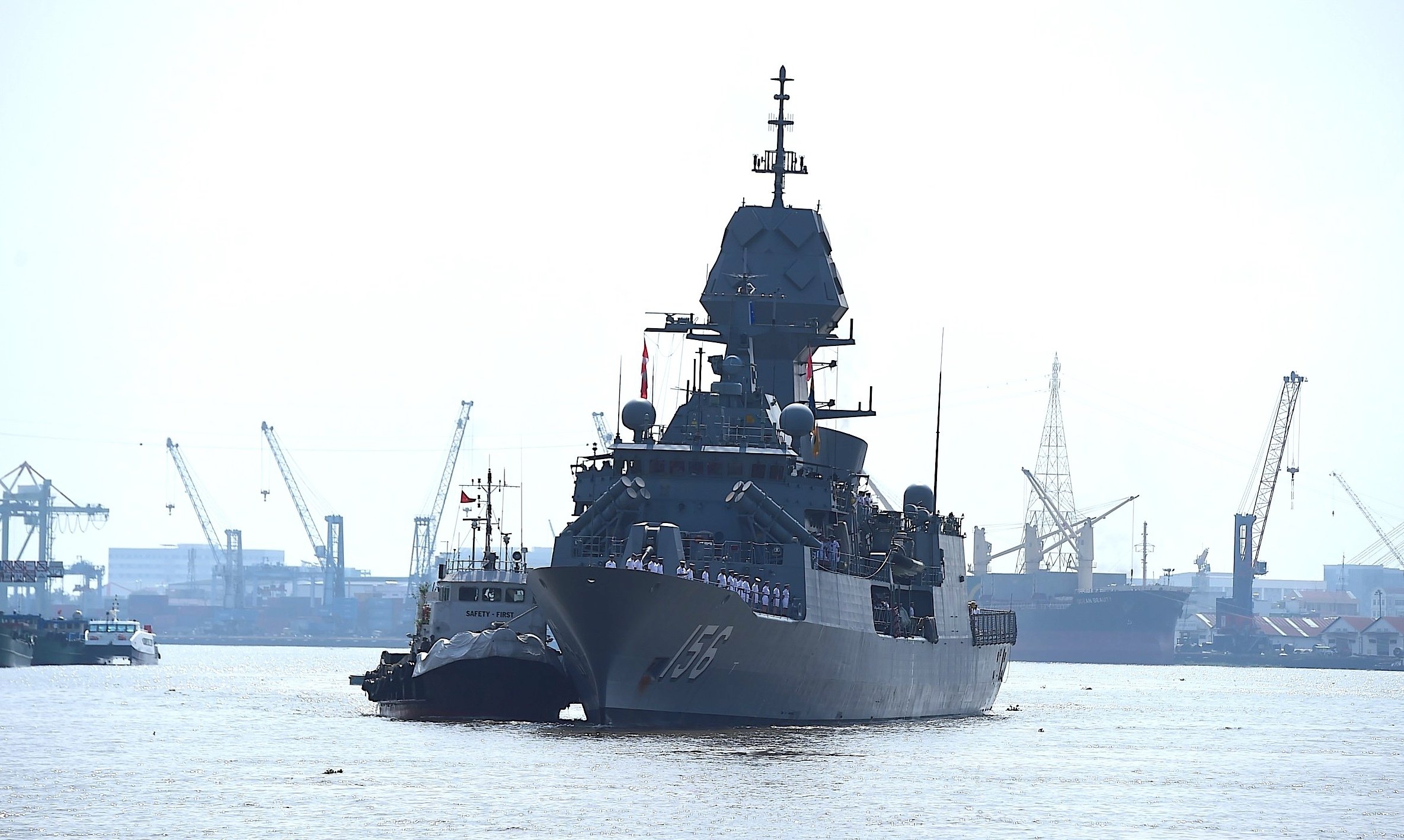
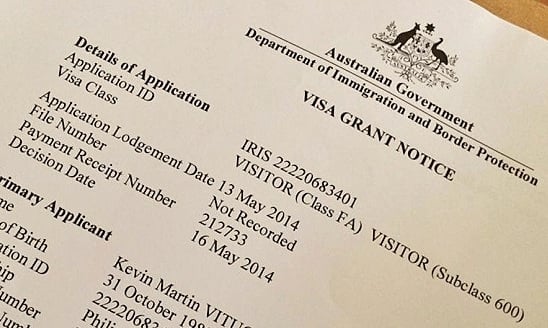
















































































Comment (0)